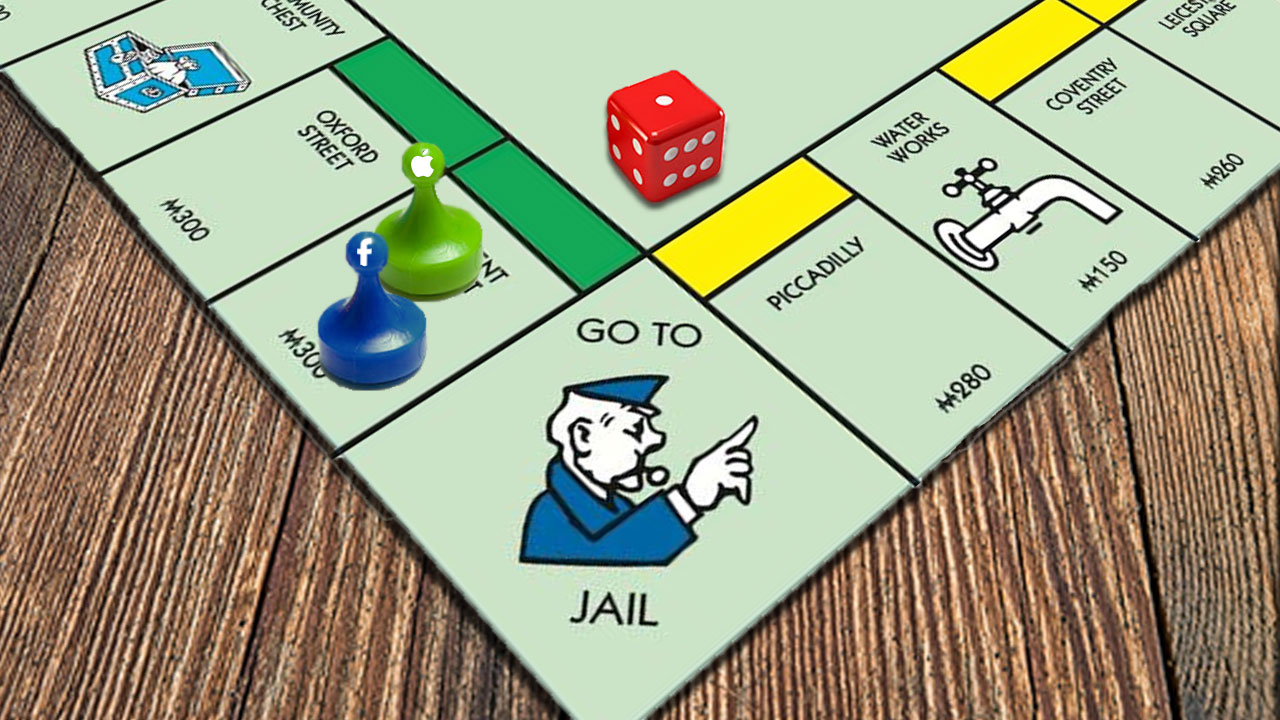
It is a rare day in US politics when Republican congressmen such as Greg Walden from Oregon and Elizabeth Warren, the Democratic Senator and socialist presidential candidate are on the same page on any topic. Yet they, along with politicians from across the spectrum of both parties, agree Big Tech needs reeled in.
The US tech industry’s entrepreneurial-kids-in-need-of-a-break status has long worn thin. They were the darlings of American business—the charming guest speakers at the congress of commerce. But then they got drunk and started to steal people’s wallets. They’re ludicrously entitled position is becoming harder to justify. Pointing to China and shouting “danger” isn’t working. If anything, it is an even bigger red flag to government that they need to take control of the beast.
When Zuckerberg testified before Congress last year, Greg Walden asked him "At what point is a platform like that a common carrier in the information age?" It was a loaded question. If this US government definition of a utility applies to Facebook, the company must be regulated by the Federal Communications Commission. Facebook operates a data center in Walden’s electoral district too so the so the Congressman’s mission to regulate the social network has a personal flavor.
Meanwhile, democratic presidential candidate hopeful, Elizabeth Warren, has made breaking up Google, Facebook and Amazon a key issue in her election campaign. She rolled out a policy proposal on how to unwind Big Tech. Just a few short years ago Walden and Warren would have been sole lunatic voices on the fringes of their respective parties, but after the Cambridge Analytical scandal, Washington woke up to the amount of power and influence Big Tech has. Calls for it to be regulated are now mainstream and surely, only a matter of time.
Inquiries about the power and conduct of Google, Facebook et al. is coming from all sides and even within their own ranks. Disillusioned liberals who worked for the likes of Facebook and Google have come out in sharp criticism of their former employers. Former Googler Tristan Harris, who works on Time Well Spent, to the Facebook co-founder Chris Hughes, who has called for the government to break up the company. It’s not just former tech big-wigs that are riding the train too. Lower level tech workers with different agendas—from James Damore types to anti-sexual-harassment campaigners to union organizers—have warned of the rancid culture within the companies.
Added to the Big Tech regulation chorus are antitrust theorists, the media industry that’s had all its advertising revenue taken, the telecoms industry that is subject to regulation while Facebook and Google offer the same services with no regulation, privacy advocates, and, and, and.
And it’s not all words. On the political front there is action taking place. The House Judiciary Committee announced a broad, bipartisan antitrust probe into the Big Tech companies. The Justice Department and the Federal Trade Commission (FTC) are apparently exploring antitrust investigation of the four major internet players Google, Facebook, Amazon, and Apple. Several US states have also expressed concerns about the power of Big Tech firms and could launch their own investigations.
Drastic measures have to be taken on many levels for any sort of democracy to stay alive in the digital age. Especially in the surveillance capitalism sphere, and Google and Facebook have de facto control over the way people communicate and receive news all over the world. It is the biggest threat to democracy we’ve ever faced.
